Chances are, you’ve read at least one of these books – and chances are, it’s changed your life… Although it’s no secret that a lack of female representation exists in literature, these 11 books have each worked to shape the lives of women the world over, and some of them have even sparked feminist revolutions…
1. A Vindication of the Rights of Woman by Mary Wollstonecraft
Known as one of the first true advocates for women’s rights and feminism, Mary Wollstonecraft was an English writer and philosopher who wrote A Vindication of the Rights of Woman. She would also later give birth to one of the most prominent female writers in history, Mary Shelley, which tragically lead to her untimely death.
Thought of as one of the earliest works of feminist philosophy, A Vindication of the Rights of Woman contended that the treatment of women by society ought to reflect their importance, as we were more than ‘mere wives’. This push for women to have the same fundamental human rights as men was considered revolutionary for its historical context, as many of the things Wollstonecraft was pushing for have still not come to fruition the world over.
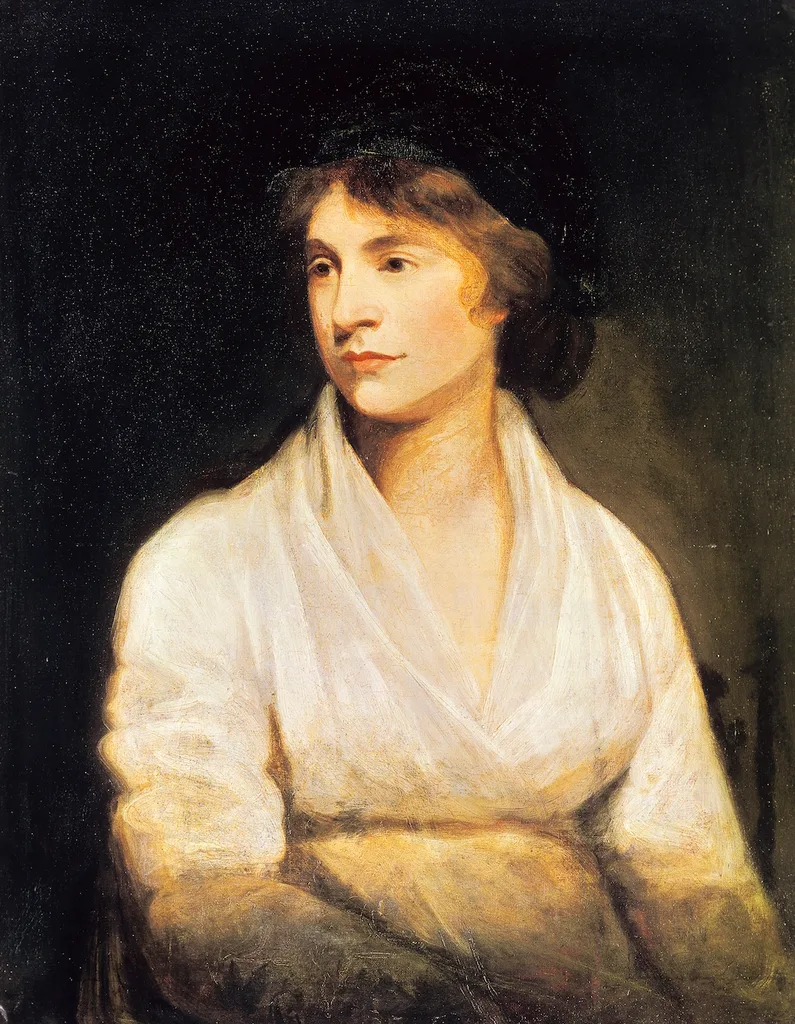
2. The Women’s Room by Marilyn French
This feminist fiction novel firmly cemented its author, Marilyn French, as a major voice for the feminist movement upon its publication in 1977. Set in 1950s America, the novel follows the life of Mira Ward from her traditional, unhappy married life as a submissive housewife to her feminist awakening. Upon its release, The Women’s Room was criticised by some as being “too anti-men”, a criticism French has noted only furthers her cause.
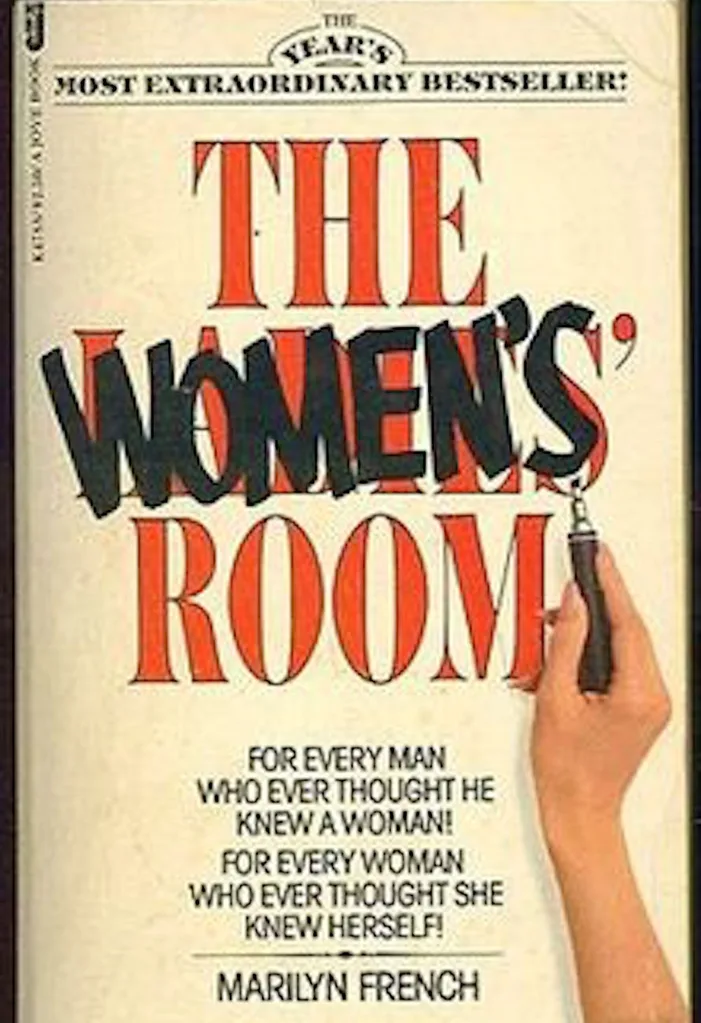
3. The Feminine Mystique by Betty Friedan
The very book that sparked second-wave feminism, Betty Friedan’s The Feminine Mystique addresses “the problem that has no name” – being the widespread unhappiness of the 1950s housewife.
Up until her death in 2006, Friedan acted as a voice for women’s rights in the United States, and was elected as the first president of the National Organisation for Women in 1966. The Feminine Mystique has long been described as having had an everlasting influence on the feminist movement, owing to its focus on equal opportunity for men and women.
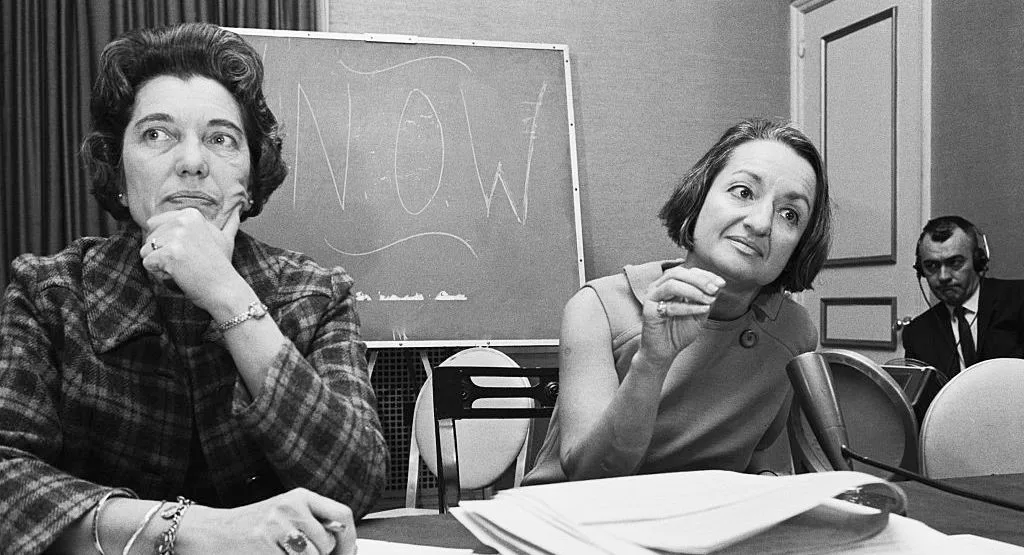
4. Pride and Prejudice by Jane Austen
Austen famously painted the picture of class and gender in 19th century England through her (satirical) exploration of issues concerning marriage and morality in her classic novel Pride and Prejudice. Selling over 20 million copies worldwide, Austen holds a special place in the hearts of many, and continues to fascinate readers long beyond her time.
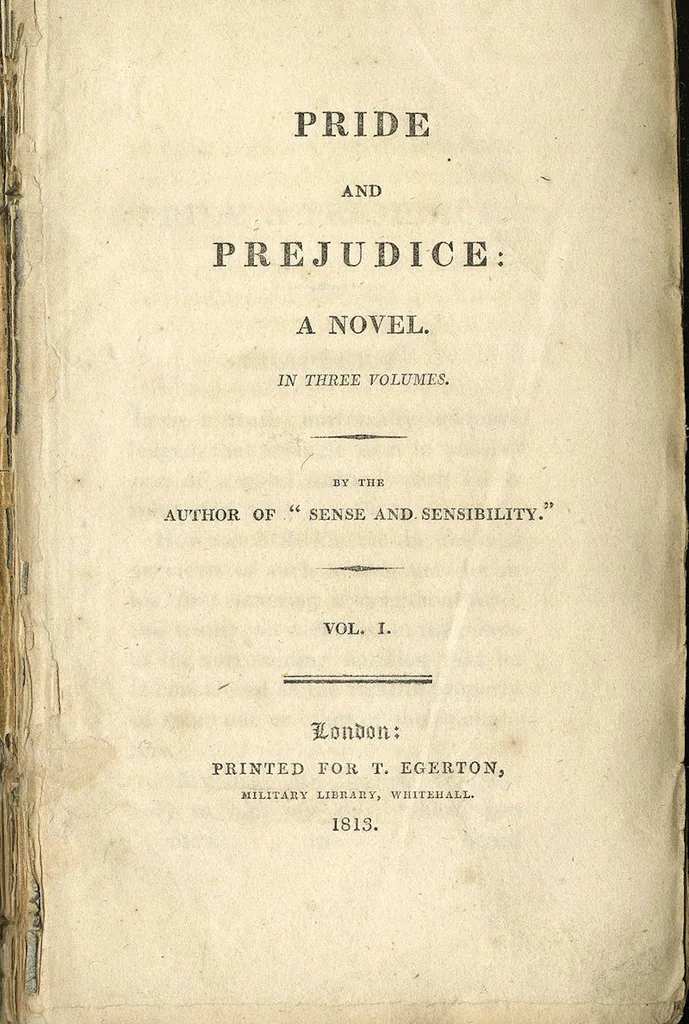
5. A Room of One’s Own by Virginia Woolf
This extended essay, first published in 1929, uses a fictitious narrative to explore the notion that “a woman must have money and a roof of her own if she is to write fiction. Woolf, whose writings have been said to embody feminist and lesbian themes, left behind a legacy as one of the foremost modern thinkers of the 20th century.
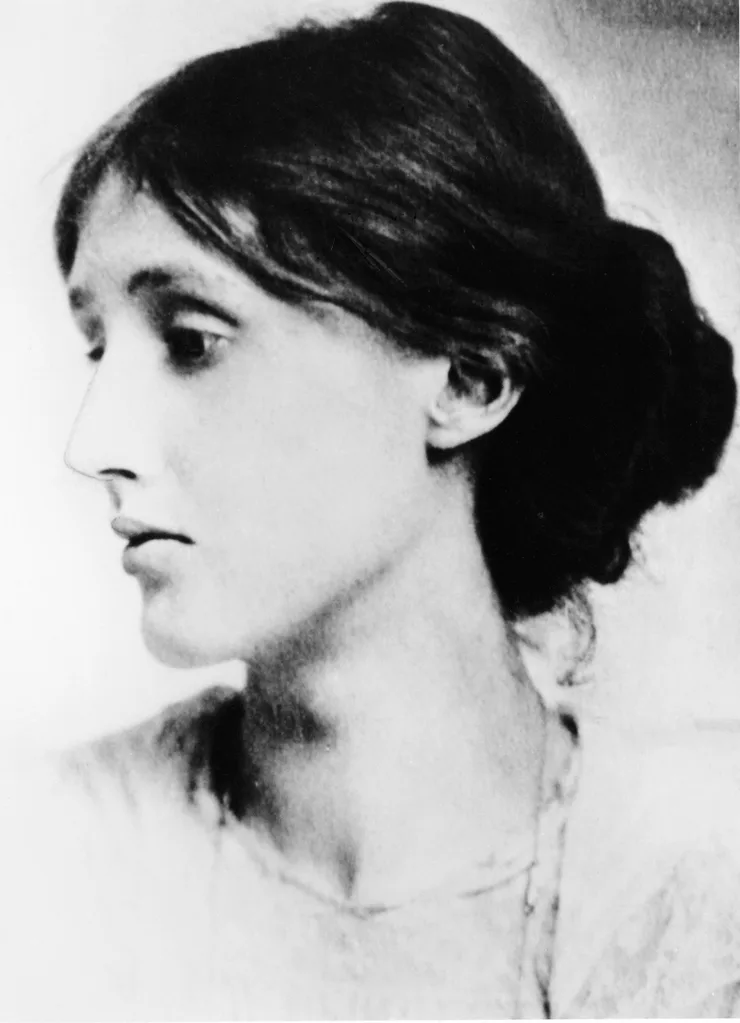
6. The Bell Jar by Sylvia Plath
American poet Sylvia Plath’s only novel The Bell Jar explores the protagonist’s deep descent into mental illness, mirroring the author’s own experiences and exploring something considered taboo for women to address at the time of its publication.
Plath would go on to commit suicide just one month after the books publication, and although she may have never self-identified as a feminist, many in the movement saw her work as a symbol for the plight of women.
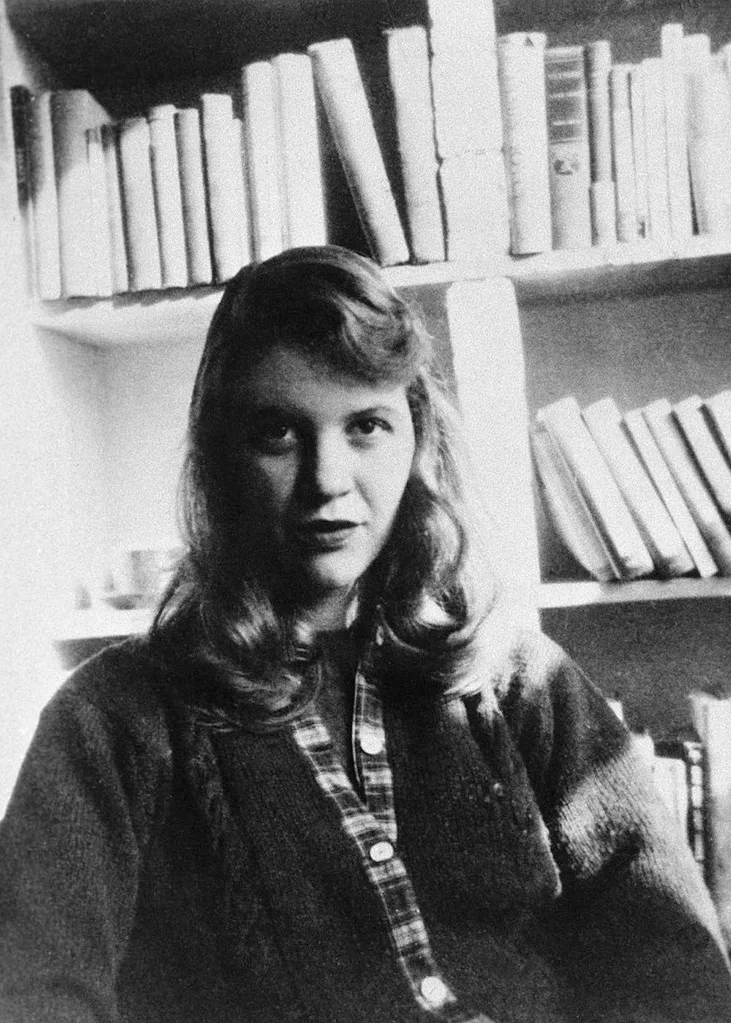
7. The Second Sex by Simone de Beauvoir
Simone de Beauvoir’s powerful, groundbreaking analysis of gender inequality in The Second Sex opened the eyes of many women and men to the mistreatment of women throughout history. Much like The Women’s Room, this 1949 book, originally published in French, has been credited as the starting point for second-wave feminism.
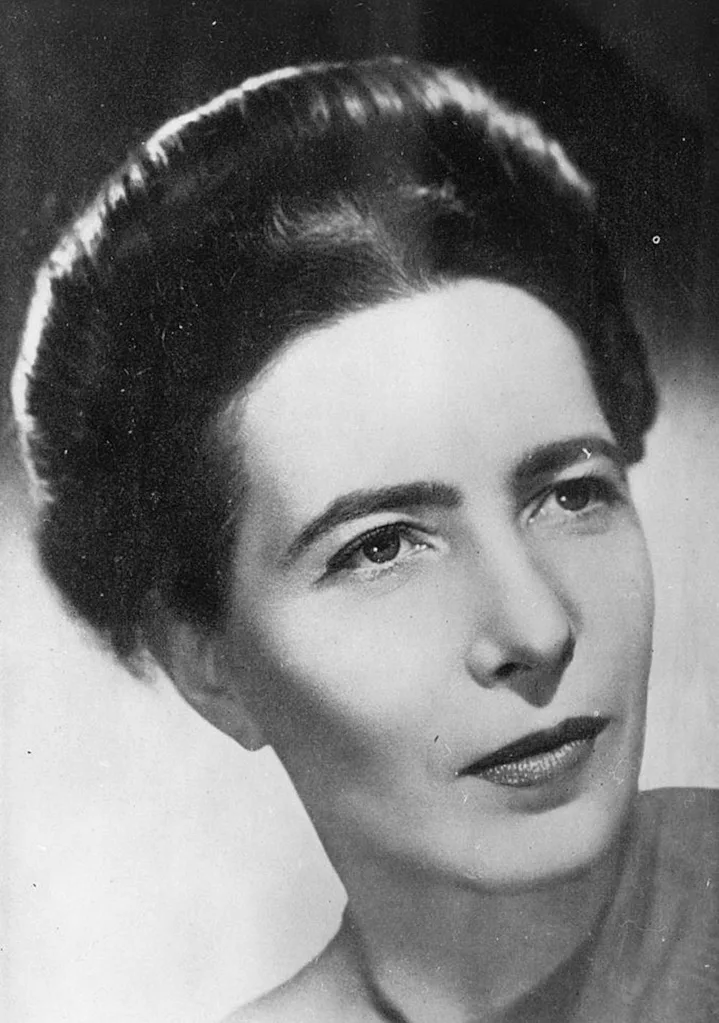
8. I Know Why Caged Birds Sing by Maya Angelou
The legacy of Dr. Maya Angelou is one that spans over 50 years; a strong feminist voice for the civil rights movement. The coming-of-age story told in I Know Why the Caged Bird Sings illustrated how strength of character can endure in the face of racism and trauma, acting as a powerful narrative for women of colour.
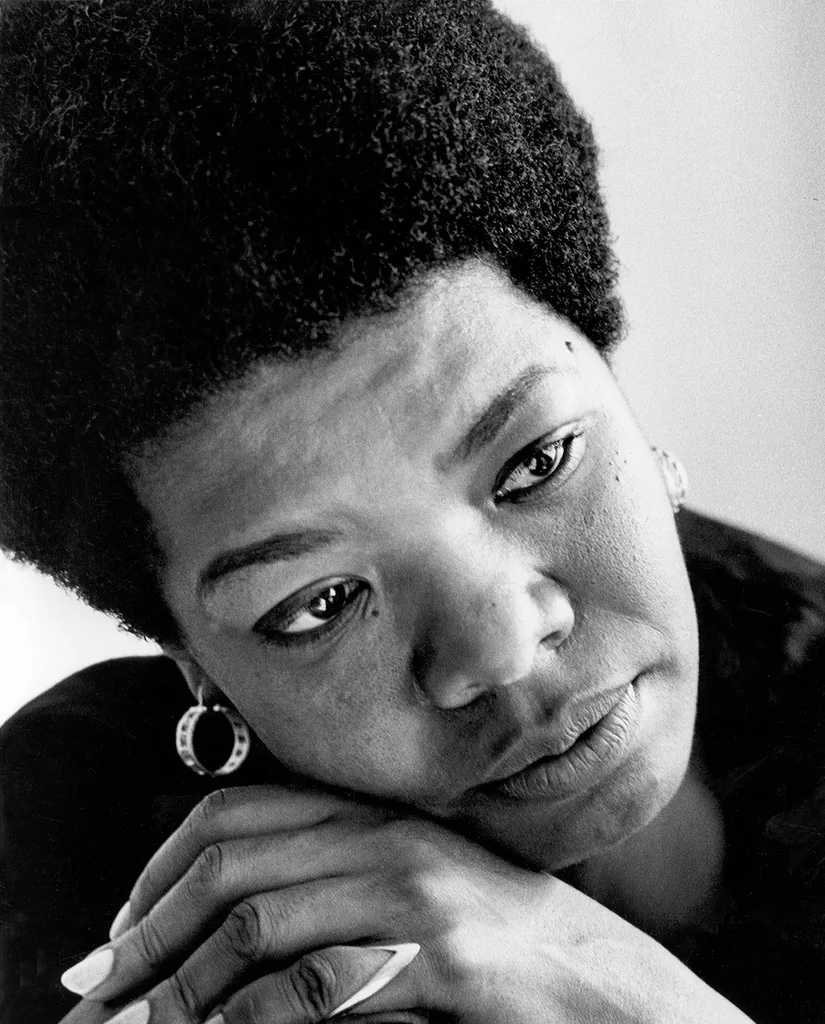
9. The Secret Life of Bees by Sue Monk Kidd
Set in 1964, this coming-of-age story opened the eyes of many women to the importance of having strong, lasting female friendships. Receiving critical acclaim, making it to the New York Times bestseller list and even getting the Hollywood treatment in a film adaptation of the same name, The Secret Life of Bees took readers on a journey of self-acceptance and freedom.
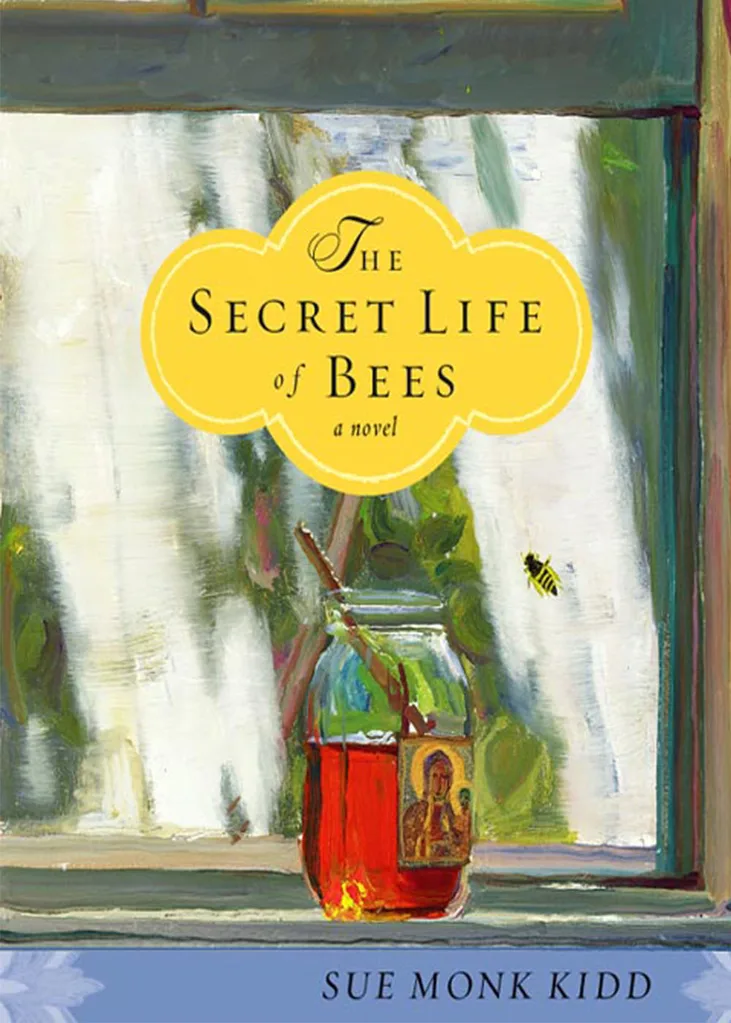
10. Little Women by Louisa May Alcott
Many women, both when the novel was first published in the 1860s, up until today, have struggled to relate to many of the female characters in literature. Little Women, however, has long found resonance with its female readers, owing to its strong, independent characters and focus on breaking away from gender constraints.
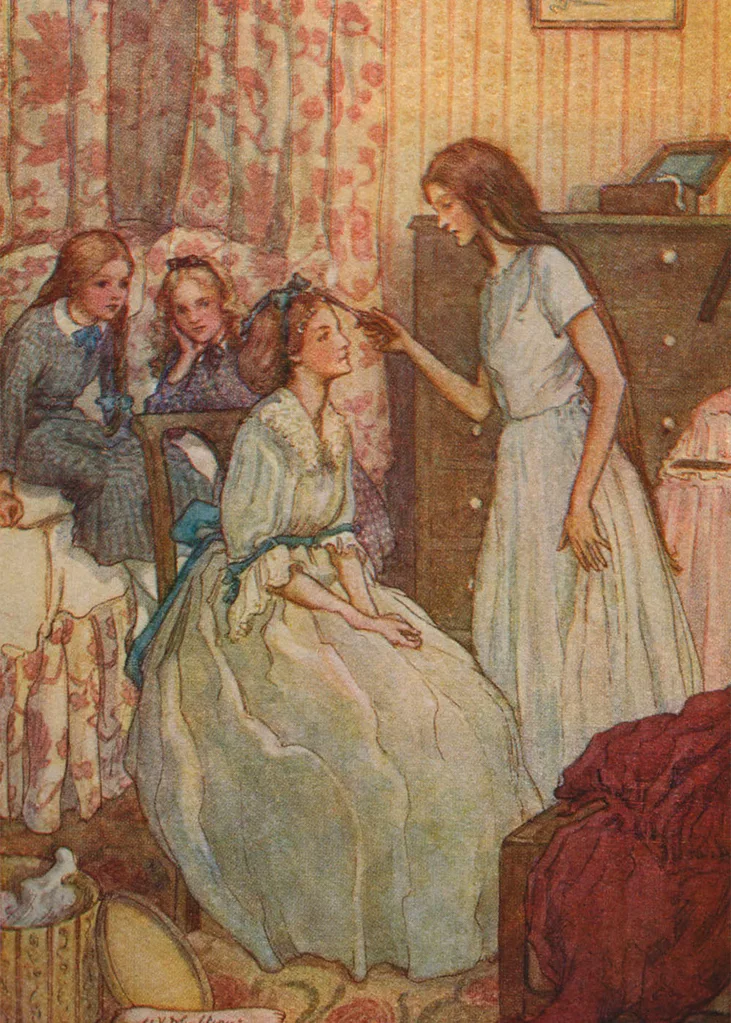
11. Jane Eyre by Charlotte Brontë
In their writings, the Brontë sisters were no strangers to exploring feminist ideas of sexuality and independence…but it’s Charlotte’s Jane Eyre that has had the most profound impact on the lives of women since its publication in 1847. Through the eyes of Jane women all over the world were taught that anyone can overcome their unfortunate circumstances to achieve greatness…a lesson worth learning.
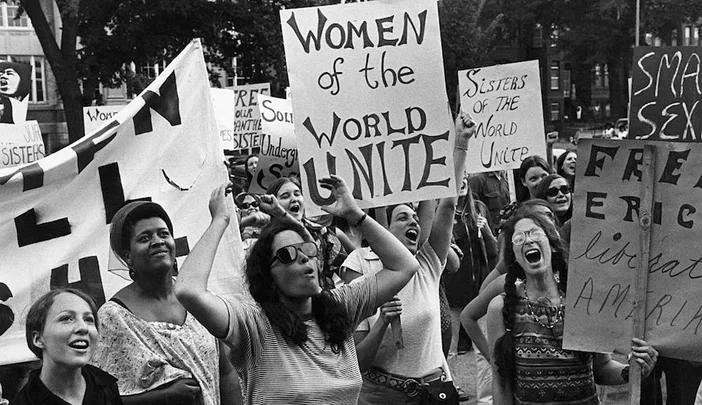 Getty Images
Getty Images









